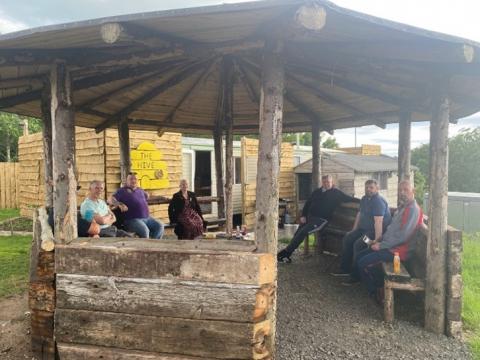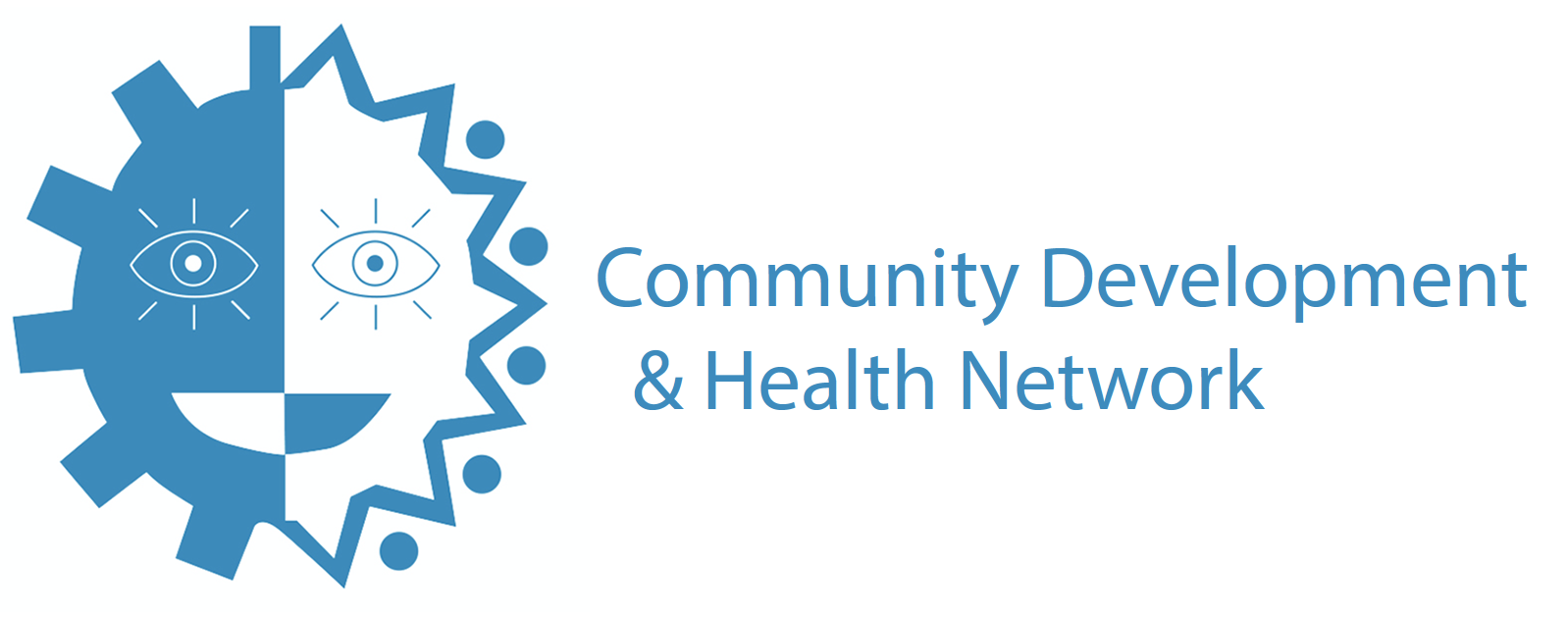Check in…check up…check it out!

As we continue to battle with the global COVID-19 pandemic with many trying to rebuild their lives, relationships, jobs, finances, physical health, emotional resilience, networks and routines, everyone's mental health has been impacted to some degree. During this difficult time, we have all become disconnected and we need to focus now on rebuilding our relationships with family, friends, neighbours, colleagues to overcome these issues together.
The theme of Men’s Health Week 2021 is making connections and asking everyone to check in, check up and check it out! The Men's Health Forum have supported organisations across the island of Ireland to come together and promote this message in their communities.
Many of CDHN’s members have taken up the challenge by encouraging men in their community to participate in community services or special events to raise awareness the importance of men taking time for their health and wellbeing. Belfast Men’s Health Group, Clanree Group, Co Down Rural Community Network, North Down community Network, Resurgam Trust and Milburn Community Association are just some of these organisations.
There is no better way to highlight the importance of these themes than to share how one BCPP Programme has encouraged local men to CHECK IN, CHECK UP and CHECK IT OUT. We spoke to Ian Ellis, Outreach Worker with Millburn Community Association in Coleraine. This busy and successful community group offers many programmes including Youth Clubs, an Over 50s Club, Armed Forces Veterans’ Breakfast Club, social and sporting activities, educational projects and wellbeing projects. They also run an award winning social enterprise and salon.
“We worked with Henderson’s Pharmacy and CDHN’s Building Community Pharmacy Partnership (BCPP) programme to develop a project which will engage with a group of 8 to 10 men interested in outdoor activity. We planned to use Zoom to address issues raised by the men and, in particular issues, that have surfaced since covid. However, as the restrictions lifted, some of us were able to meet face to face which was just fantastic.
The programme includes group based workshops delivered by community/voluntary partners on mental, physical wellbeing, depression, anxiety, drugs, alcohol awareness, smoking, teaching coping techniques and signposting for help.
The public health framework states that ‘Unfortunately not everyone has equal chance of experiencing good health and wellbeing and too many still die prematurely or live with conditions that they do not need to have’. This is particularly the case for those who are disadvantaged in our society, leading to a gap in health between those who live in affluent circumstances and those who are deprived. With the high rate of unemployment locally and the lack of engagement, low educational attainment and lack of skills in young men, they can have feelings of isolation and worthlessness.
Our Association has tackled these issues over the years by providing clubs and programmes. We have high engagement with our local community so the BCPP project is perfect for us to tackle health issues in men prevalent to working class areas. We find that men are the hardest group to engage locally in programmes that we run, particularly young adult males.
The ‘Thursday Night Club’ has been a resounding success – the members have enjoyed camaraderie and engaging interactive education lead by our local Pharmacist, Evan Reid. One of the topics that the men felt important was how to get a good night’s sleep. The Pharmacist introduced several bedtime routines that might assist with relaxation and a local psychotherapist, Wendy Hamilton, delivered an interactive lesson on mindfulness at bedtime.
The guys themselves have reflected on the project’s success to date, collectively stating that it has been great to have the opportunity to spend time with like-minded people. It has been apparent that connecting with each other has been beneficial to the group members.
The men are better informed, more confident, engaged in activity and learning and they will know where to get support when needed. We have developed trusted relationships and have shared stories, worries and concerns. It really is true that a problem shared is a problem halved!”


